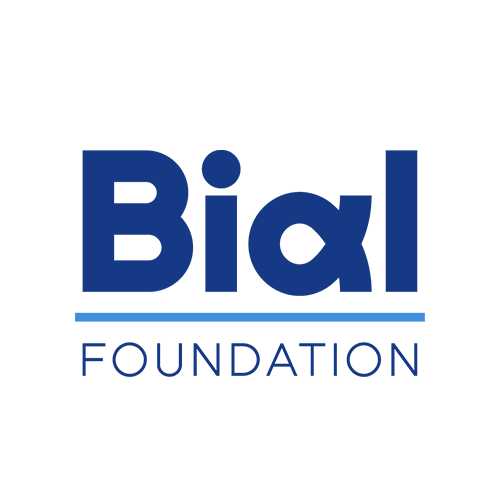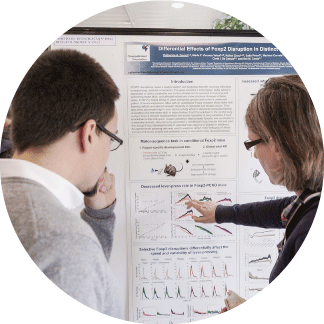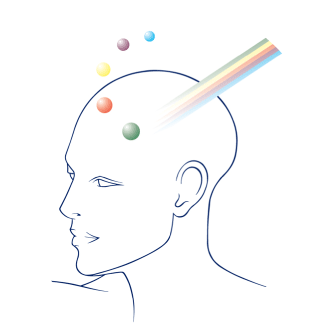News
Top Stories

Which factors influence dream recall?
Research revealed the main factors that determine dream recall: attitude towards dreams, tendency to mind wandering, and sleep patterns.
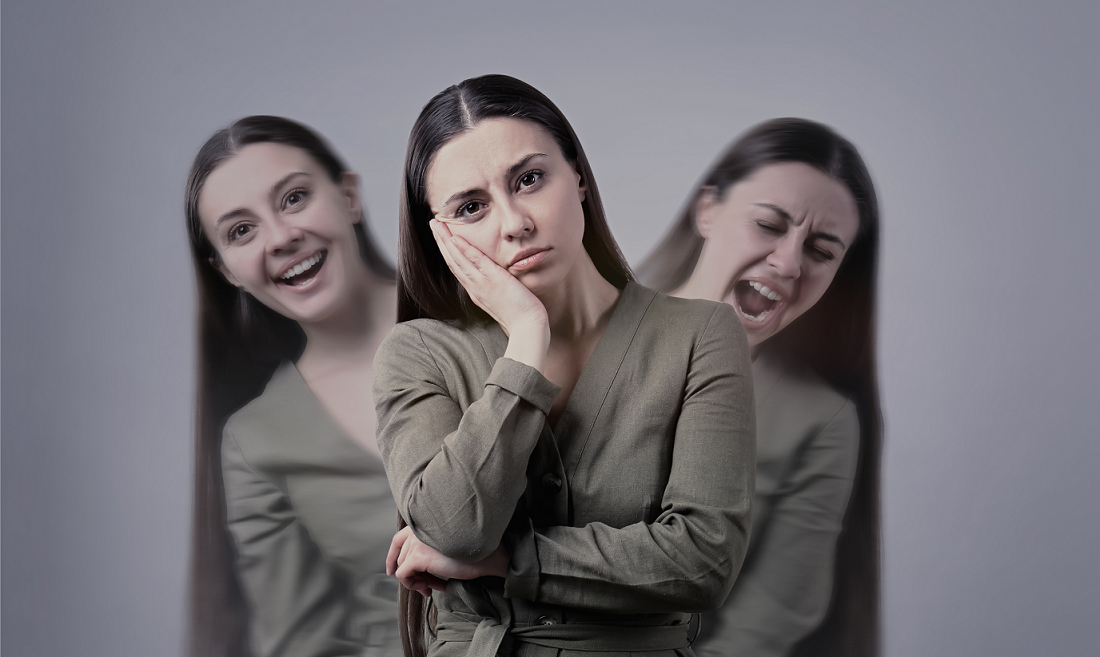
How does the brain respond to positive and negative stimuli?
Study demonstrates the brain's ability to constantly reclassify external stimuli based on previous experiences and adapt to new situations.

Are people who believe in the paranormal more vulnerable to stress?
A study of 3084 participants evaluated whether two types of belief in the paranormal might be associated with different levels of perceived stress.
News
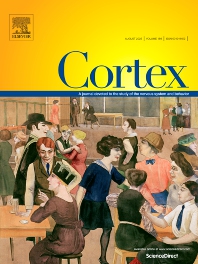
Is the distorted perception of the hand a functional brain adaptation?
A research team investigated how 20 healthy adults perceive the volume and weight of their own hand.
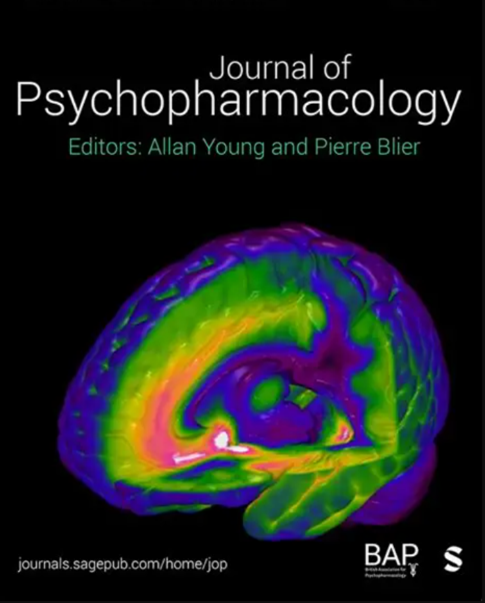
Can psychedelics promote states of mindfulness and compassion?
Research reinforces psychedelics as tools to induce adaptive mental states, pointing toward new therapeutic approaches in the treatment of mental health.
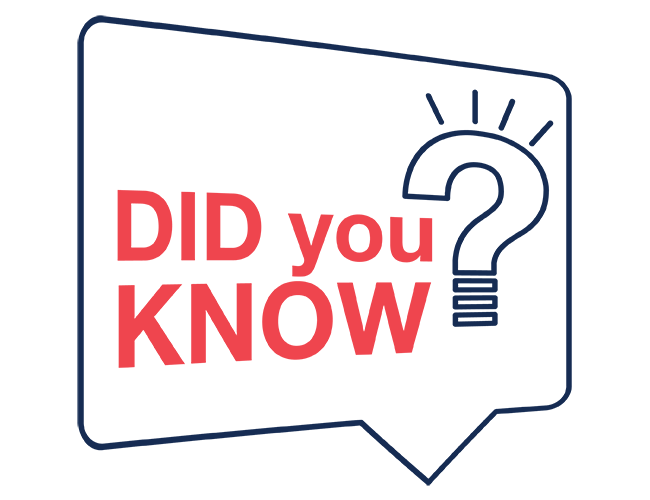
Did you know that the docuseries “Beyond the Brain” features testimonies from scientists in 15 countries?
The scientists involved in the docuseries have extensive experience, and their studies are widely recognised and cited by other researchers.


